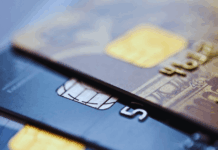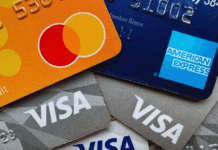Many people often ask Is it better to use a credit card or pay cash? Because both payment methods have unique benefits and drawbacks.
The choice can affect your finances, spending habits, and even your credit profile over time. While credit cards offer convenience and rewards, cash can provide simplicity and help control spending.
Understanding the advantages and limitations of each method can guide you toward making the best decision for your situation.
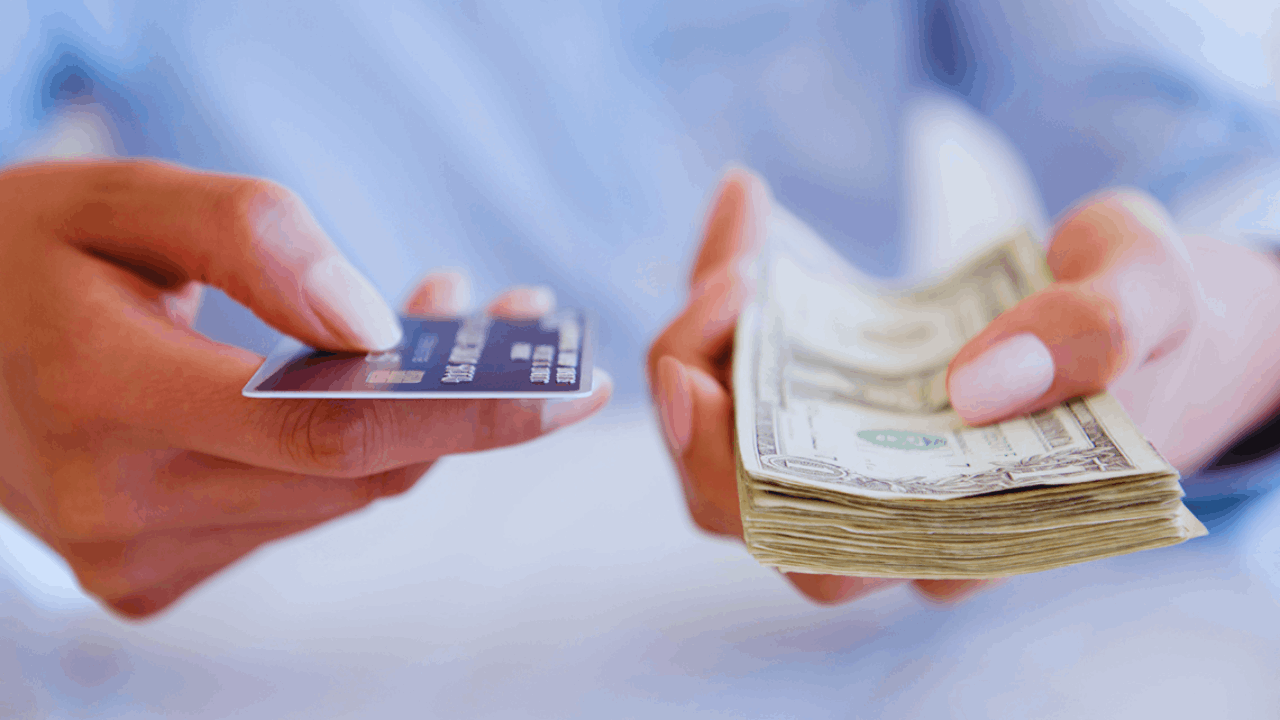
Understanding the Role of Credit Cards in Daily Spending
Credit cards have become a primary payment method for millions of people around the world.
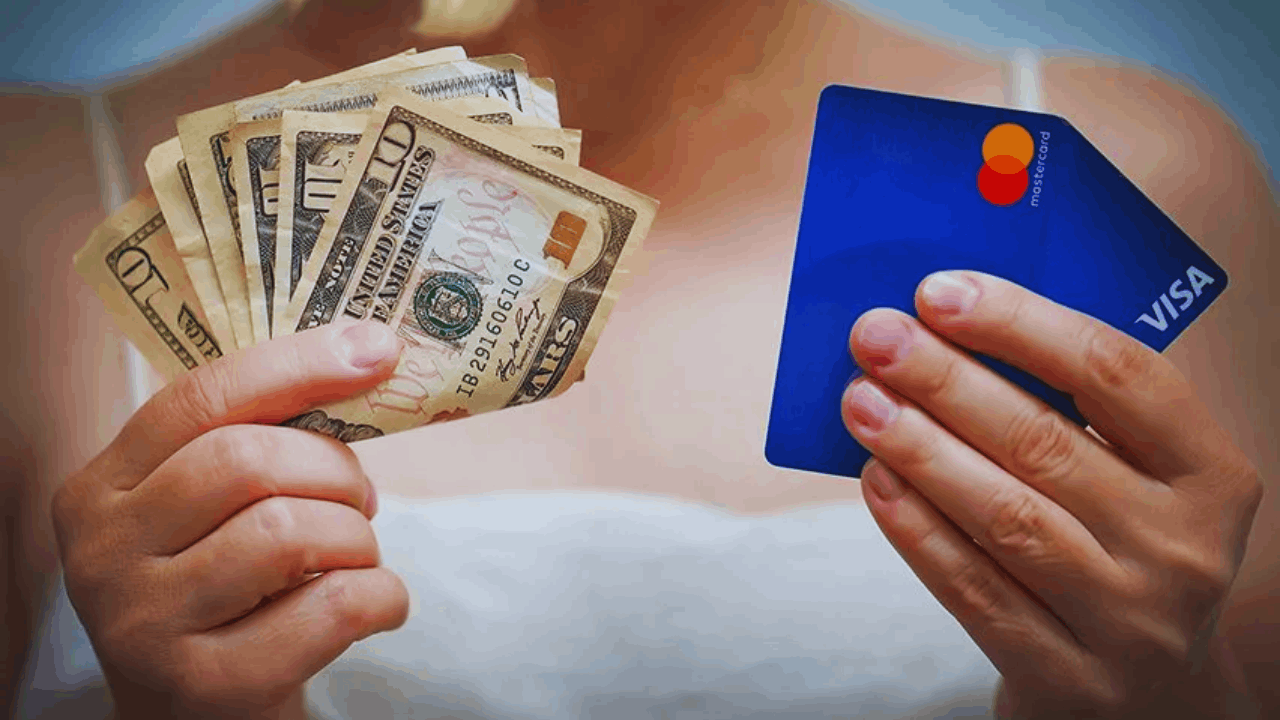
They offer speed, convenience, and the ability to make purchases without carrying large amounts of cash.
For many, they also serve as a tool for earning rewards, such as cashback or travel points. However, using a credit card responsibly is essential to avoid debt and maintain financial health.
How Credit Cards Provide Convenience and Security
Carrying a credit card is often safer than carrying significant amounts of cash. If a card is lost or stolen, it can be reported and replaced, and fraudulent charges are usually covered by the issuer.
Credit cards also make it easier to track spending through monthly statements and online account access. These features make them an appealing option for everyday purchases and travel.
The Potential to Earn Rewards and Benefits
Many credit cards offer rewards programs that give you points, miles, or cashback for every purchase.
These rewards can add up quickly if you use the card regularly for expenses you would pay for anyway.
Some cards also provide perks such as extended warranties, purchase protection, and travel insurance. These benefits can make credit cards more valuable than cash in certain situations.
The Risk of Overspending and Debt
One of the biggest dangers of relying heavily on credit cards is the temptation to spend more than you can afford to repay.
Interest charges on carried balances can be high, turning small purchases into expensive debt over time.
Without discipline, credit card use can harm your financial stability. This makes responsible management critical for avoiding long-term problems.
The Advantages of Paying with Cash
Paying with cash offers a level of simplicity and control that credit cards cannot always match.
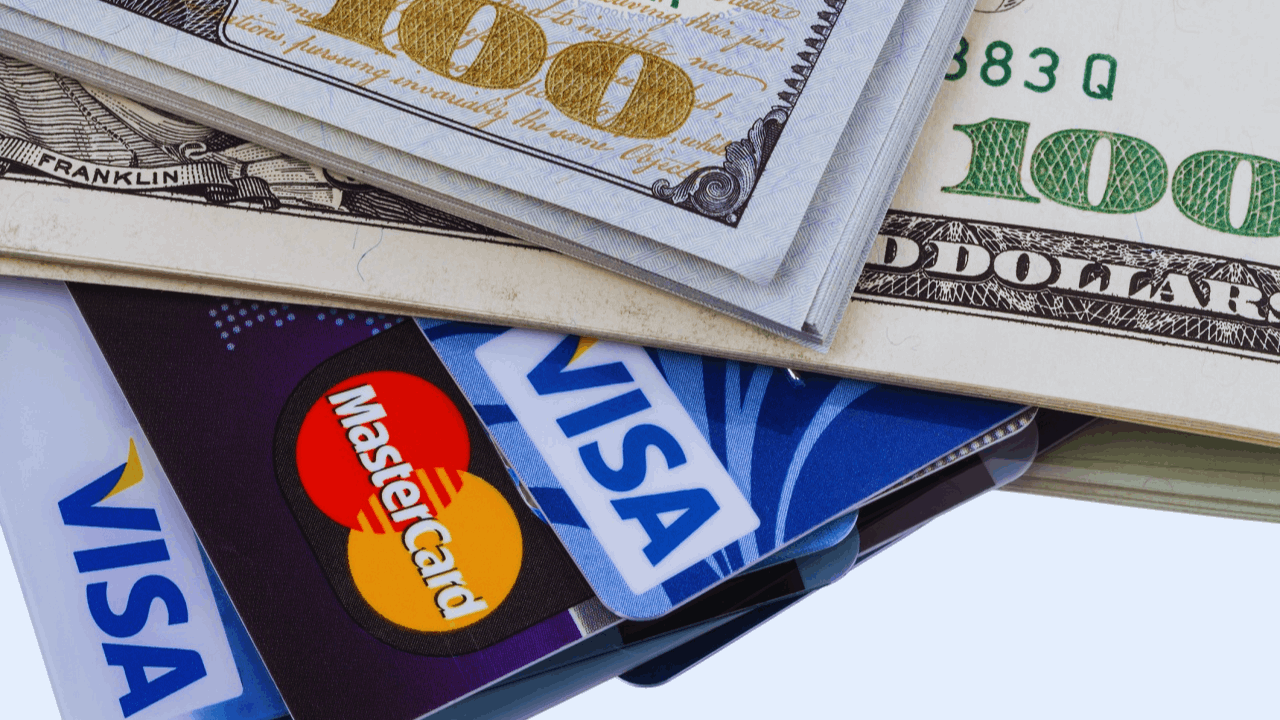
Cash transactions are immediate, with no risk of interest charges or monthly bills.
They can also help you stay within a set budget by limiting your spending to your available funds. For many, cash provides a tangible connection to their finances.
How Cash Helps Control Spending
When you pay with cash, you see the physical exchange of money, which can make you more aware of your spending. This awareness can help you think twice before making unnecessary purchases.
Once the cash is gone, you cannot spend more unless you visit a bank or ATM. This built-in limit can be a powerful budgeting tool.
No Interest or Added Fees with Cash
Unlike credit cards, cash transactions do not involve interest charges or annual fees. You pay the exact amount for your purchase without worrying about additional costs later.
This can make cash particularly appealing for those who want to avoid the complexities of credit agreements. For straightforward transactions, cash is often the most transparent option.
Privacy and Anonymity in Transactions
Cash payments do not leave a digital trail that banks or payment processors can track.
For people concerned about privacy, this can be a significant advantage. While most everyday purchases do not raise privacy concerns, some prefer to keep their financial activity less visible. Cash allows for discretion in how and where you spend your money.
Comparing the Financial Impact of Each Method
The choice between credit cards and cash can affect your overall financial situation in different ways.
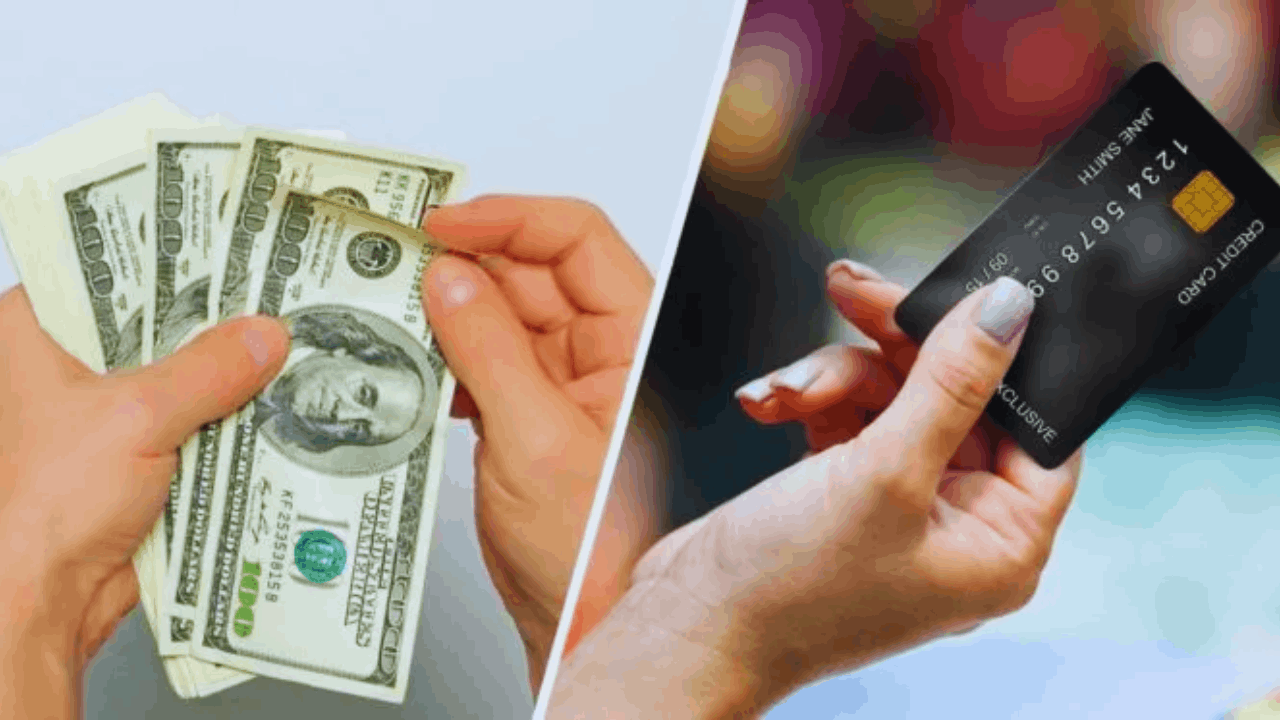
Credit cards can help build your credit history, while cash offers a debt-free approach to spending.
Each method has trade-offs that influence both short-term and long-term financial health. Understanding these impacts can help you make informed decisions.
Building Credit History with Credit Cards
Using a credit card responsibly by paying on time and keeping balances low can improve your credit score. This can make it easier to qualify for loans, mortgages, and better interest rates in the future.
Cash purchases do not influence your credit history, which can be a missed opportunity if you are trying to establish or strengthen your credit profile. For those aiming to build credit, regular and responsible card use can be an advantage.
Avoiding Debt by Sticking to Cash
Because cash spending is limited to what you have on hand, it eliminates the risk of accumulating debt. You do not have to worry about interest charges or repayment schedules.
This makes cash a safer option for individuals who struggle with managing credit. By avoiding the possibility of overspending, you can maintain greater control over your finances.
Long-Term Financial Discipline
Credit cards require consistent discipline to avoid falling into debt, while cash naturally encourages a more cautious approach to spending. Both methods can promote good habits if used thoughtfully.
However, credit cards carry more risk if spending habits are not monitored closely. Choosing the method that aligns with your financial discipline is essential.
Practical Considerations in Different Situations
The choice between credit cards and cash is not always clear-cut and can depend on the situation.
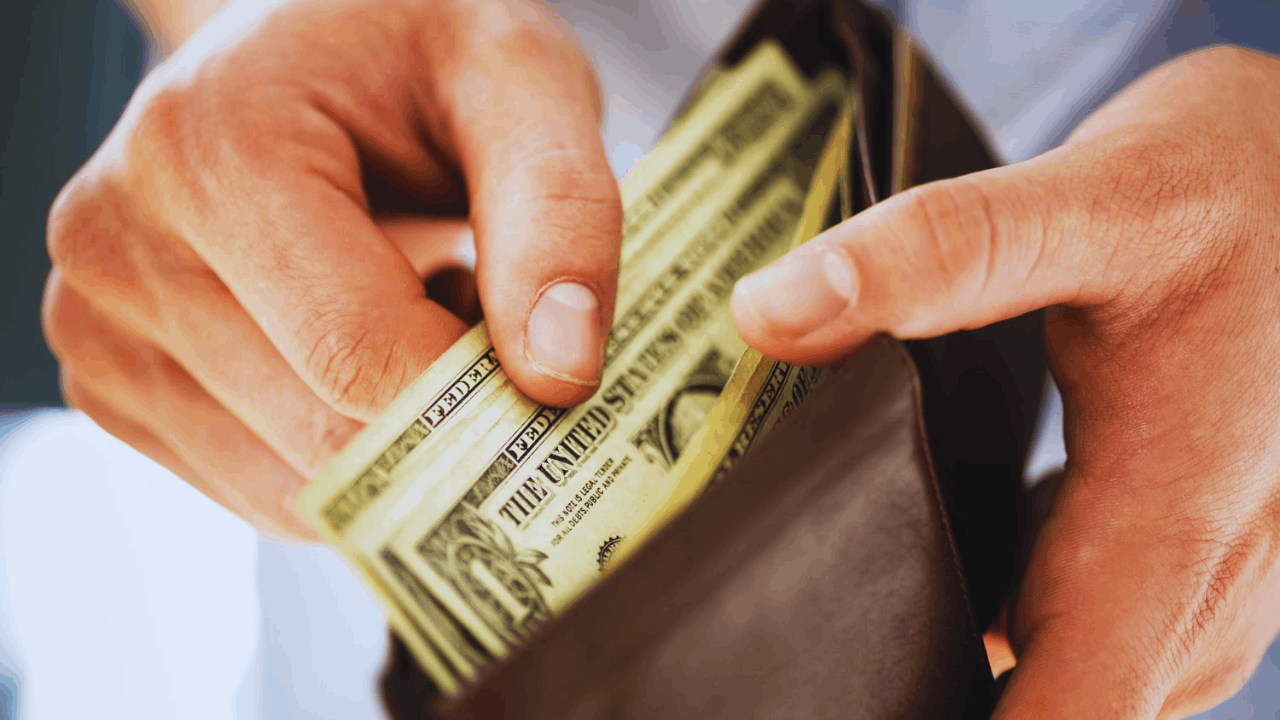
Certain environments, purchases, or travel plans may favor one method over the other.
Understanding when each payment type is most advantageous can maximize convenience and value. Balancing both options strategically can be an effective approach.
Everyday Shopping and Routine Expenses
Credit cards can make routine shopping more convenient and may offer rewards for categories such as groceries or fuel. However, if you find yourself overspending in these areas, switching to cash can help you stick to a budget.
Both methods have merits depending on your self-control and spending patterns. Finding a balance may work best for maintaining financial discipline.
Large Purchases and Special Transactions
For significant purchases, a credit card can offer buyer protection, extended warranties, and the ability to dispute charges.
These benefits can provide peace of mind in case something goes wrong with the product or service. Cash does not offer these protections, but can sometimes be used to negotiate better prices.
Choosing between the two may come down to whether you value protection or immediate payment.
Travel and International Spending
When traveling, credit cards can be safer than carrying large sums of cash, especially in unfamiliar locations. They also offer the convenience of currency conversion and fraud protection.
Cash, however, can be essential for small vendors or locations where cards are not accepted. A combination of both may be the most practical travel solution.
Balancing the Benefits of Credit Cards and Cash
In reality, most people find that using both credit cards and cash provides the best overall flexibility.
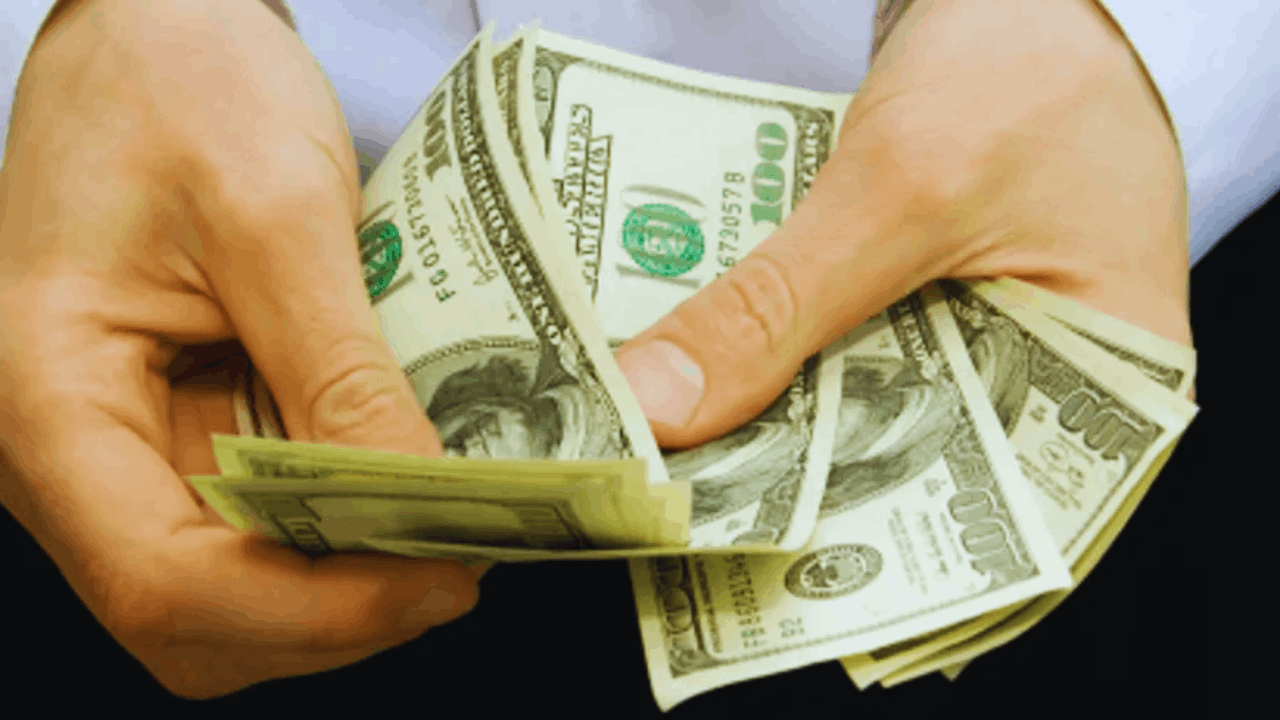
Credit cards can handle large, protected, or reward-earning purchases, while cash works well for budgeting and small everyday expenses.
Combining the two can help you enjoy the strengths of each while minimizing the weaknesses. The key is to use each method in a way that supports your financial goals.
Setting Clear Spending Boundaries
Establishing limits for both cash and credit card use can help you avoid overspending. Decide in advance which types of purchases you will put on your card and which you will pay for with cash.
This intentional approach ensures that you are using each method purposefully. Over time, it can create a balanced and sustainable spending routine.
Tracking and Reviewing Your Habits
Monitoring your transactions regularly can reveal patterns that help you adjust your payment strategy.
Credit card statements and budgeting apps make it easier to track digital spending, while a simple ledger can keep cash purchases organized.
By reviewing your habits, you can identify opportunities to save or areas where you need more control. This awareness is essential for making informed decisions.
Avoiding Reliance on Just One Method
Relying solely on either cash or credit can limit your flexibility and potentially cost you benefits.
Credit-only users may overspend or miss the discipline that cash can provide, while cash-only users may miss out on rewards and credit-building opportunities.
Incorporating both into your routine allows you to adapt to different situations and maximize value. A balanced approach often leads to better financial outcomes.
Conclusion
The question is, is it better to use a credit card or pay cash? depends largely on your financial habits, goals, and discipline. Credit cards offer convenience, rewards, and credit-building potential, but require careful management to avoid debt.
Cash provides control, simplicity, and privacy but lacks the protections and benefits of credit cards. By understanding the strengths and weaknesses of each method, you can create a payment strategy that works best for your lifestyle and long-term financial health.

